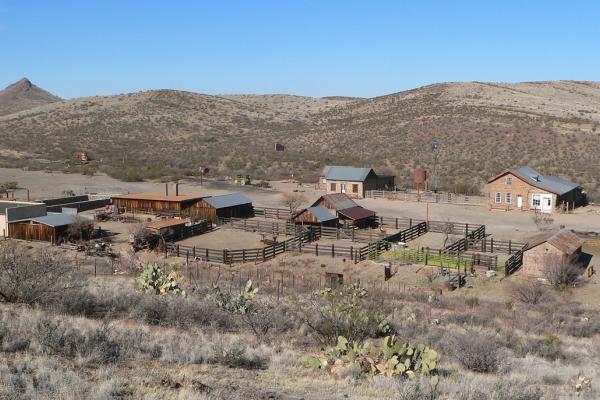New Mexico Considers Using Oil and Gas Byproduct to Address Water Scarcity Amid Environmental Concerns

As New Mexico grapples with diminishing freshwater resources amidst a warming climate, state officials are contemplating the use of produced water—a byproduct of oil and gas extraction—to alleviate pressure on water supplies. This initiative, however, raises concerns over environmental risks and regulatory challenges.
In February 2019, Mario Atencio's family, residents of the Eastern Agency of the Navajo Nation, discovered that 1,100 barrels of produced water had spilled on their land without prior notification. The spill, which included 300 barrels of crude oil, occurred near Counselor, New Mexico, and threatened local freshwater resources.
Produced water, often disposed of by deep underground injection, contains brackish groundwater, chemicals from hydraulic fracturing, and hydrocarbons. With New Mexico's oil and gas industry booming, produced water is increasingly seen as a potential resource. However, the risks associated with its management and reuse are significant, sparking debates and legal challenges among local communities and environmental advocates.
In a notable instance, Governor Michelle Lujan Grisham announced a $500 million "strategic water supply" initiative at the United Nations Climate Change Conference in late 2023. This plan aims to mediate between companies treating produced water and those utilizing it for industrial purposes, like hydrogen production. Despite its potential to support renewable energy industries, the proposal has met with skepticism and concern about unintended consequences, especially from activists like Atencio, who fear further environmental degradation.
The state records more than two produced water spills daily, with more than 220 incidents already reported in 2024. These spills frequently go unnoticed by the public, underscoring a systemic issue of inadequate oversight and maintenance in the oil and gas sector.
Experts at regulatory hearings, such as Christopher Lewis from the U.S. Department of Energy, have highlighted the toxic nature of untreated, produced water and the challenges in treating and repurposing it safely. The variability of produced water's chemical composition complicates treatment processes, making it difficult to establish uniform safety standards.
New Mexico's interest in harnessing produced water coincides with a projected 25% reduction in available water by 2050 due to climate change. The state's approach to addressing its water scarcity involves conservation efforts and exploring new sources like treated, produced water to support economic growth.
However, the path forward is fraught with challenges, including public perception and the need for stringent environmental safeguards. The ongoing debate underscores the complexity of balancing resource management with environmental protection in the face of climate change and industrial demands.
To learn more, visit "Unanswered questions: New Mexico looks to fossil fuel byproduct to ease pressure on freshwater supplies," a story produced by New Mexico Political Report in partnership with The Water Desk, an initiative of the Center for Environmental Journalism at the University of Colorado Boulder.
